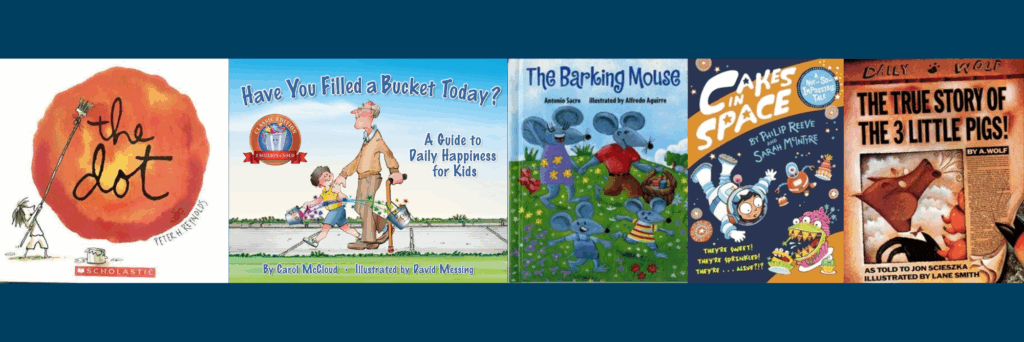January 7, 2022 / Esther Choy

New business storytelling habits might not be the first thing you think of when it comes to new year resolutions. But maybe it should be.
About 30% of Americans make new year’s resolutions – which usually have something to do with health and fitness. Unfortunately, studies have found that for a lot of people the motivation to keep their goals peaks in January. In a 2019 article by Foursquare, analysts compared data of gym attendance versus fast food activity and found they could predict the day people would fall off the wagon. Gym attendance remained high for January and fast food joints saw less traffic, but during the first week of February, the trend switched. Fast food places saw more activity and gyms saw less.
In one of the largest studies ever conducted on new year resolutions, researchers found that participants with some support and accountability fared better than people who had no support. They also found that goals that were “approach-oriented” rather than “avoidance-oriented” were more successful. That is, people with goals framed in a positive way, such as “going to the gym to look and feel better” were more successful than negatively framed goals like “drinking less alcohol to avoid getting a beer belly.”
Through my work coaching executives and helping them lean into their leadership potential through business storytelling, I have seen these findings lived out in the day to day. With this in mind, here are four storytelling habits for business leaders.
Habit #1: Recognize the power of storytelling
In earlier articles, I have written in depth about the power of storytelling. We hear stories everyday. Stories are told to give context, to illustrate a point and to connect with audience members. Jeff Bezos started his congressional testimony, not with data or an argument, but with a story. As we notice the power of storytelling, we will start to become more aware of the stories around us.
Habit #2: Become a storytelling critic
As we are noticing the stories, we can build up our storytelling toolkit simply by listening well and asking questions. When the keynote speaker at your company retreat starts her time on stage with a story, when your niece is telling you a story about her first year of college, when you catch Storycorps on your local NPR station, ask yourself a few questions. Ask yourself: What worked? What didn’t? Why? Did the story lose you somewhere? Or were you on the edge of your seat the whole time? By critiquing the structure and techniques used in the story, you will learn how you can become a better business storyteller.
Habit #3: Start your own story library
As leaders we need to be ready with a story for whatever the occasion calls for. Unfortunately, there is no supermarket for story ideas that you can shop when you have the need. Instead you need to keep your pantry stocked with stories. Many of our stories occur in the day to day, the ordinary moments of our lives. If we don’t pay attention and write down these stories, we often forget them.
You can start your own business storytelling library with something as simple as a spreadsheet or a note-taking app. In one column, record the date. Next, write the main gist of the story and any important details you don’t want to forget. In the final column, record what you think this story might be used for. For example, motivating a team, confronting hard conversations, illustrating the power of perseverance, etc. This column may evolve as you go back and work on your story later.
(Learn more about creating your own story library.)
Habit #4: Tell more stories
Now that stories are on your radar, say yes to whatever chance you have to tell stories in front of other people. Whether it’s giving a toast at a party, leading a team meeting or seeking out opportunities to practice with other storytellers.
Support and accountability are an important part of turning any new practice into a habit. For this reason, I started Story Lab, a monthly get together where you can practice telling your stories to an audience that is also developing their business storytelling practice. At Story Lab, you’ll find a safe place to test ideas, practice storytelling and receive feedback. People who come to Story Lab have gone on to use their stories at networking events, interviews and even tell a story at a MOTH event and win!
Here’s to you, the new year, and all the stories you will share!
Related Articles
Better Every Story
Leadership Transformation through Storytelling
"This is an amazing and insightful post! I hadn’t thought of that so you broadened my perspective. I always appreciate your insight!" - Dan B.
Get Esther Choy’s insights, best practices and examples of great storytelling to your inbox each month.




